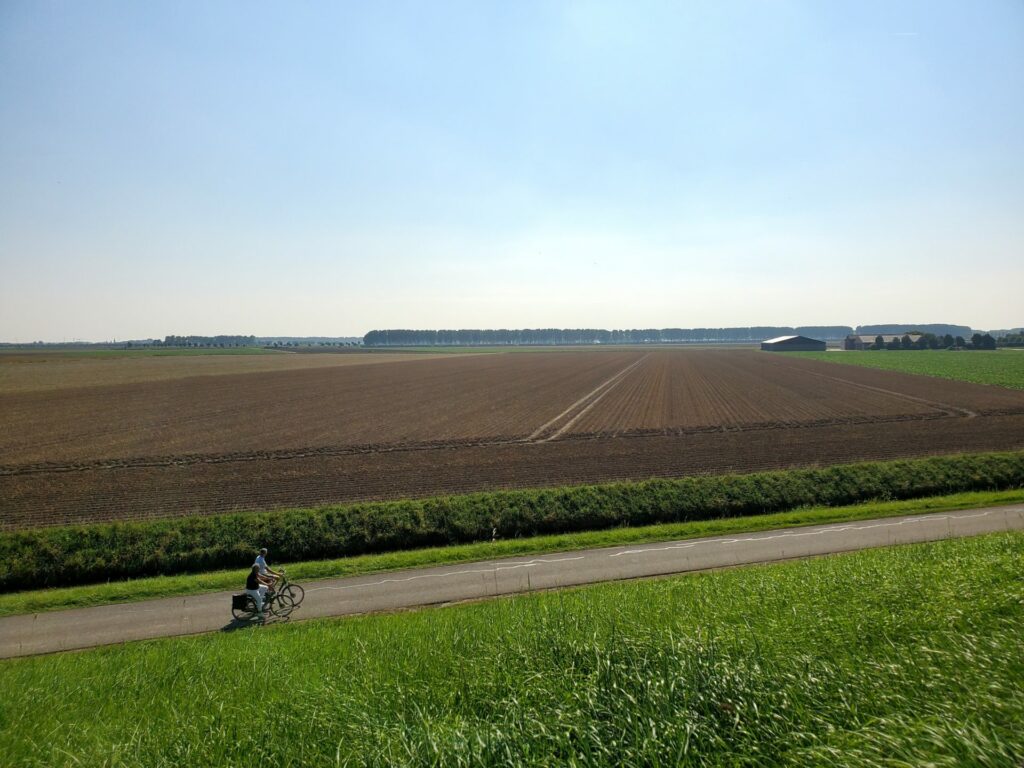Since March, Belgium has experienced particularly warm and sunny days compared to usual rainy spells. Although the country has dealt with heavy rainfall last year, the buffer is almost through. It is the fifth time in six years experiencing this drought. The consequences of climate change are getting more visible, as these periods of drought are getting longer and drier.
In the upcoming 10 days, the Royal Meteorological Institute of Belgium predicts “extreme dryness” in the whole country.
"As predicted, large parts of Flanders are already very/extremely dry according to the RMI drought index. Hardly any precipitation and high evaporation are forecasted, so the drought will become even more intense. Within 10 days, almost all of Belgium will be dark brown."
Hydrologist Patrick Willems (KULeuven) conducted an analysis on the current situation, saying “there is no reason to panic yet, but the drought management level was scaled up today from green (level 0) to yellow (level 1). This means that the water managers will take the first preventive water-saving management measures.”
Moreover, Blue Deal, the action plan of the Flemish government, will provide additional help. The project, created by Flemish Environment Minister Zuhal Demir, will tackle water scarcity and drought. In 110 places, projects have started to climate-proof water systems, with the aim to make them absorb and retain more water, better preparing Flanders for extreme weather events.
But how can you make a difference?
"The most effective way you can do that as a citizen is to have a rainwater tank installed, preferably one larger than 5,000 litres,” hydrologist Marijke Huysmans (VUB) told De Morgen.
Related News
- Water scarcity: Dry March highlights fragility of Flemish groundwater levels
- More than 5 billion with limited access to water by 2050
- Extreme drought could hit twice as many people by 2100
According to The Flemish Environment Agency, an average Flemish person uses about a hundred litres of drinking water a day, about half of that goes to things people could be using rainwater for.
Therefore they advise to use rainwater and water from your shower to flush the toilet. Using water from the washing machine is also seen as a valid alternative. The last rinse of water can be used for watering plants.
The Flemish Environment Agency also recommends not putting any tiles or stones in your garden: because of its sealing layer, rainwater can hardly sink into the ground, which causes drought damage. As a result, the groundwater is not replenished.

